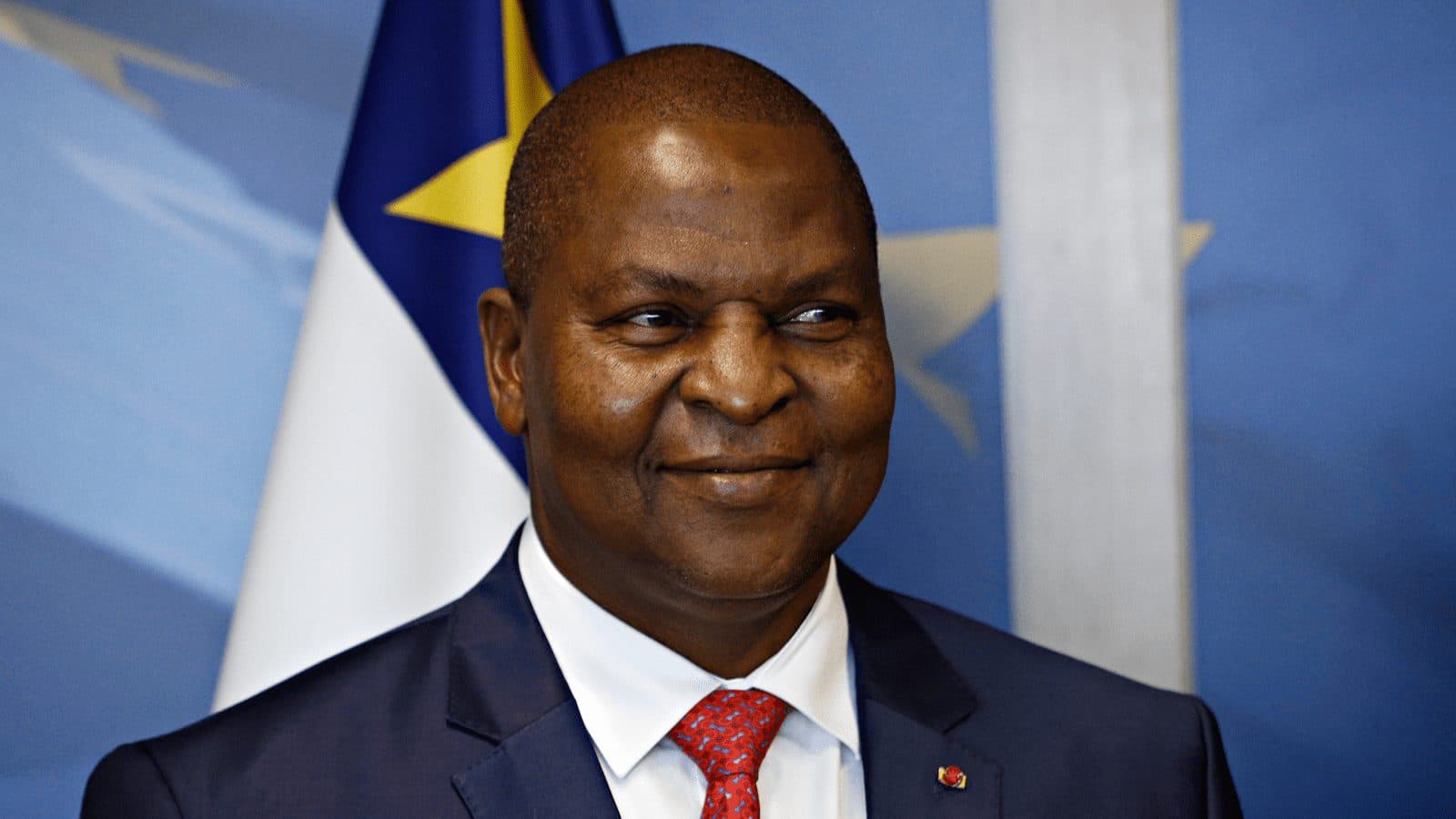Central African Republic Looks for ‘Quick Wins,’ Becomes Second Country to Adopt Bitcoin
The government’s economic recovery plans prioritize policy that will give citizens immediate relief

Central African Republic President Faustin-Archange Touadera | Source: Shutterstock
- One of the poorest countries in the world has followed El Salvador in adopting bitcoin as legal tender
- The government has been focused on “quick wins” to help improve citizen’s lives and economic situations
The Central African Republic became the second country to adopt bitcoin as legal tender Wednesday — even as the world’s first cryptocurrency has undergone bouts of intense volatility.
Lawmakers in the Central African Republic, which has a population of six million, adopted the bill “unambiguously” before President Faustin-Archange Touadera signed the measure into law Wednesday, according to a statement from Touadera’s chief of staff, Obed Namsio.
“The adoption of bitcoin as official money represents a decisive step toward opening up new opportunities for our country,” Namsio said in the statement, translated from French.
The move comes the day after the country revealed plans for a legal framework around the use of cryptocurrencies.
The legislation focuses on defining how citizens can interact with digital assets, Finance Minister Herve Ndoba said, according to a Bloomberg report. He added that the Central African Republic is not trying to mimic El Salvador, which became the first country to adopt bitcoin as legal tender in September 2021.
The Central African Republic — one of the poorest countries in the world, according to the World Bank — has faced further economic decline in pandemic years. The International Monetary Fund approved a seven-month staff program in December to promote economic recovery, increase GDP and improve the government’s fiscal standing.
The local government has also expressed interest in changing the country’s economic trajectory, with an emphasis on passing immediate measures that can help improve the lives of citizens, Ndoba said.
“The population is living in this fragile situation every day, so we have to bring them on the table so that we renew our social contract with them,” Ndoba said during a World Bank-sponsored interview this month. “We should have quick wins so that we can show the population through the emergency plan, we can do what is necessary in order to secure livelihoods.”
The government has yet to detail its cryptocurrency infrastructure or regulations around bitcoin’s use as legal tender. El Salvador launched state-sponsored crypto wallets, a program that citizens were quick to criticize.
Get the news in your inbox. Explore Blockworks newsletters:
- The Breakdown: Decoding crypto and the markets. Daily.
- 0xResearch: Alpha in your inbox. Think like an analyst.






